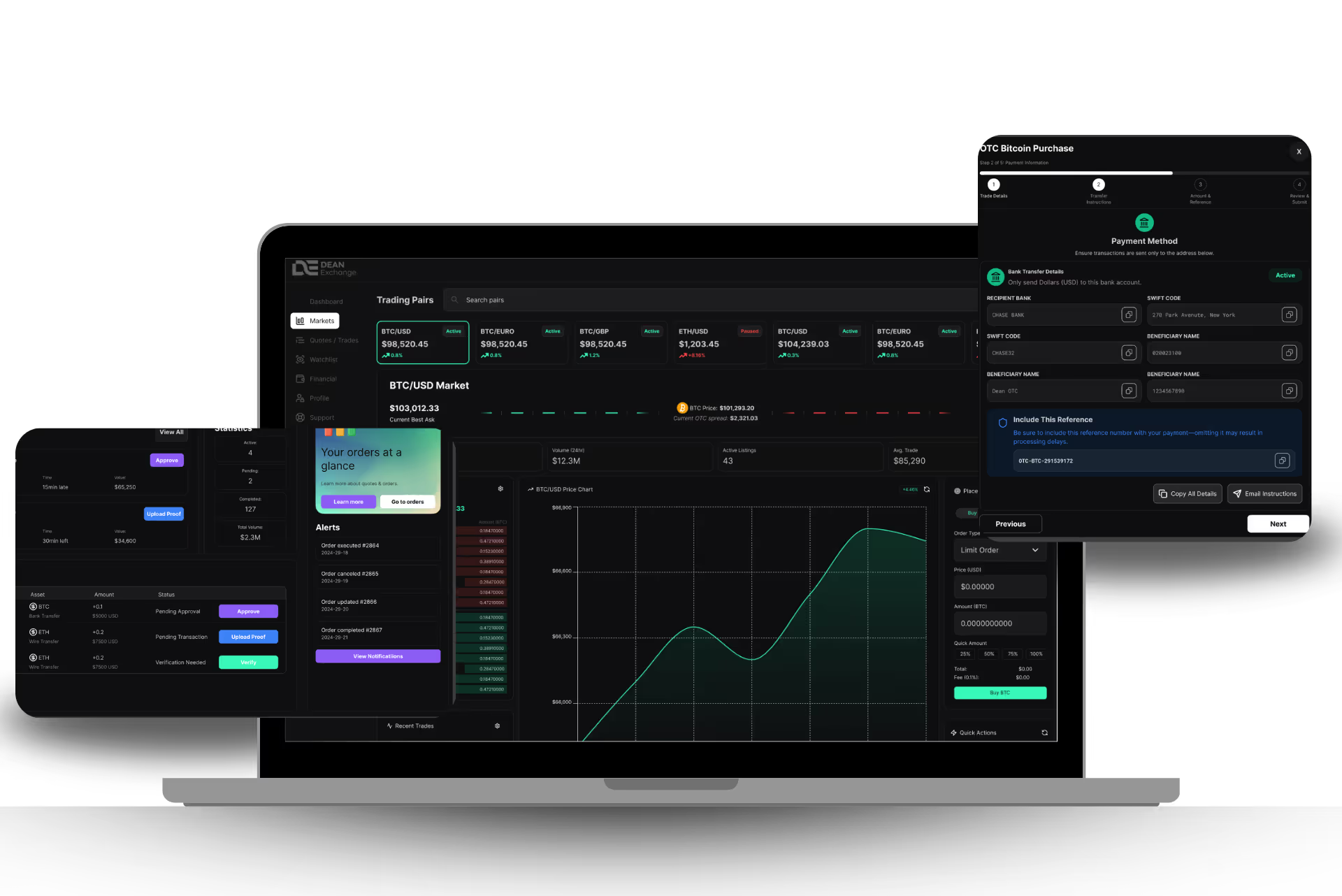By the
This is some text inside of a div block.
This is some text inside of a div block.
•
5
min read

The cryptocurrency ecosystem, once operating largely in a regulatory gray zone, is now facing a wave of legal clarity and oversight across global jurisdictions. While this shift brings legitimacy and institutional adoption, it also introduces uncertainty for investors, developers, and exchanges navigating compliance frameworks.
This article explores how cryptocurrency regulations are shaping the global digital asset landscape, with region-specific insights and real-world impacts on exchanges, DeFi protocols, token issuers, and innovation. As the regulatory environment matures, platforms like Dean Exchange play a critical role in helping users and businesses stay compliant through expert insights, cryptocurrency tutorials, and live blockchain sessions.
Cryptocurrency regulations refer to laws and policies implemented by governments and financial authorities to govern the use, trading, issuance, and taxation of digital assets. These may cover:
As the sector matures, these regulations aim to balance market integrity, investor protection, and innovation—though approaches vary significantly by region.
The U.S. has taken a fragmented, enforcement-first approach, with agencies like the SEC, CFTC, and FinCEN interpreting different aspects of digital asset activity.
.
The EU is leading with comprehensive legislation. Its Markets in Crypto-Assets (MiCA) framework, effective from 2024, sets clear rules for:
MiCA is widely seen as a positive step, offering legal certainty and promoting innovation across member states.
Singapore and Japan are considered progressive hubs with clear digital asset frameworks, attracting Web3 startups and institutional exchanges.
China, by contrast, has banned crypto trading and mining, focusing instead on promoting its digital yuan (CBDC).
Cryptocurrency exchanges are among the first entities to be regulated. KYC, AML, and data retention rules now govern fiat-to-crypto and crypto-to-crypto platforms in many jurisdictions.
Dean Exchange Insight: Our cryptocurrency tutorials cover how DEXs work, and how regulators are beginning to apply existing financial laws to permissionless platforms.
Tokens launched without regulatory oversight in earlier years now face scrutiny, especially if they resemble investment contracts under the Howey Test.
Result: Token issuers must now consult legal advisors, conduct jurisdiction-specific analysis, and sometimes file prospectuses or whitepapers with regulators.
While blockchain technology enables permissionless innovation, DeFi projects now find themselves in regulators’ crosshairs.
Real-World Example: The collapse of Terra’s algorithmic stablecoin (UST) accelerated calls for stablecoin regulation in the U.S., U.K., and EU.
Regulatory uncertainty can chill innovation, especially for startups lacking legal resources. But clear guidelines can also accelerate responsible innovation, giving founders and investors confidence to build.
While some fear that regulation will stifle the industry, a maturing framework offers multiple benefits:
Regulation, when crafted carefully, doesn't have to be a barrier—it can be a bridge to mainstream trust and scale.
Understanding and adapting to cryptocurrency regulations isn’t just for lawyers and compliance officers. Traders, developers, and investors all need to be informed. That’s where Dean Exchange comes in.
Our tutorials break down legal concepts in simple terms—whether you're a DeFi builder, NFT creator, or institutional investor navigating new rules.
Participate in live blockchain sessions with compliance experts, legal advisors, and crypto entrepreneurs sharing practical guidance on surviving and thriving under regulation.
Stay current with our tailored updates on evolving laws in the U.S., EU, Asia-Pacific, and beyond—so you can adjust your strategy accordingly.
We assist projects in planning token launches, exchange listings, and DeFi integrations in a compliant and scalable manner.
The age of regulatory uncertainty in crypto is ending—and a new era of responsible growth is beginning. While navigating cryptocurrency regulations can be complex, it is also necessary for the industry’s long-term viability. Developers, exchanges, and investors who understand the legal landscape are better positioned to innovate safely and grow confidently.
As jurisdictions solidify their stance, expect to see crypto market trends shaped increasingly by regulation—from stablecoin design to DAO governance and cross-chain asset transfers.
Dean Exchange is your trusted partner through this evolution—offering the education, insights, and real-time updates you need to adapt, comply, and lead in a regulated crypto economy.


Join our newsletter for exclusive insights, breaking crypto trends, and learning opportunities—delivered straight to your inbox.